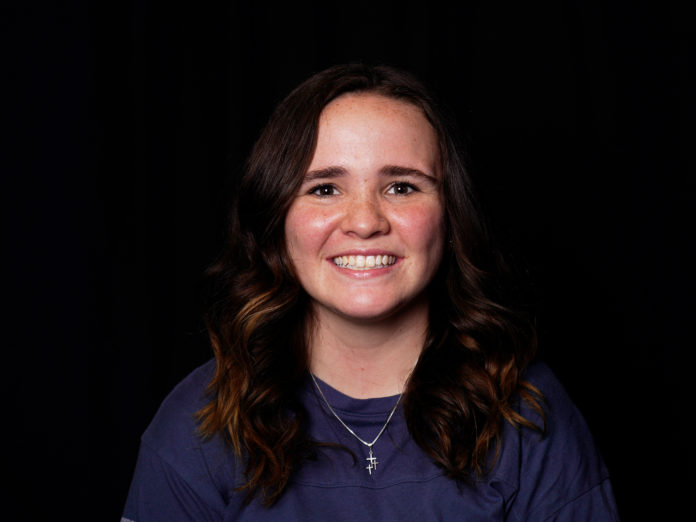By Caitlin Erramouspe | Reporter
An icon. A country music singer. A philanthropist. A Christian. An ally. A friend. There are a lot of words that can describe Dolly Parton, but feminist isn’t one of them.
Dolly has never used the word feminist when describing her feeling towards women in power or how she views her actions. Rather, Dolly believes in female empowerment, the belief that a woman’s hard work is all the proof that she needs.
Dolly’s first album “Hello, I’m Dolly” was released in 1967, and it contained her first country single “Dumb Blonde,” a song that made listeners realize that she wasn’t just hair, but rather a woman who could stand her own.
“When I started out, it never crossed my mind I couldn’t do it ’cause I was a woman. I was just gonna do what I did, what I felt I did best, and I never once thought that was gonna ever, you know, not work for me. And I didn’t care. I wasn’t afraid of anybody,” Parton said in an interview.
The same time Parton was breaking out in Nashville, her personal life was also flourishing. She married a man named Carl Dean quickly after moving to the city, but labels and managers told her not to because it would interfere with her career. Parton married Carl Dean and didn’t tell anyone for a year to prove that a husband wouldn’t negatively impact her work ethic.
Country music isn’t the easiest scene to break into, especially for a woman.
“Well, you can make it if you’ll get out and be willing to sacrifice and work for it. Ain’t no man gonna stop you if you’ve got the talent. You might have to work a little harder in your area, but it can be done. And I am a prime example,” Parton said in another interview.
Her music career took off after her recurring role on “The Porter Wagner Show,” but after a few years, Parton was tired of her career revolving around Wagner’s. She wrote the song “I Will Always Love You” as a message to Wagner that she was done and needed to break off. He agreed as long as he could produce the song. It was so popular that Elvis Presley requested to record the song, but at the time that would require Parton to sign off half of her writing credit. She denied because she knew one day her family would need that money. That day came in 1992, when Whitney Houston belted out the iconic lines and brought the song into pop territory.
The 1970’s were the peak of the women’s movement. Dolly starred in a film called “9 to 5” with Jane Fonda and Lily Tomlin. The film tackled the narrative of sexual harassment in the workplace. Dolly had many interviews around this time, and they all asked for a comment on the movement. A quick-witted response from her was common: “I said that when women’s liberation came out that I was the first person to burn my bra and it took the fire department three days to put the fire out.”
Parton said no to Elvis, broke off from country royalty and starred in “9 to 5” early in her career. She was living the life of a feminist without ever stating she was one so as not to turn off any fans and to let her prove that her work ethic was enough.
“She’s mastered the design of how to be a woman and succeed in this business without making a man feel bad,” Linda Perry said in Parton’s Netflix documentary “Here I Am.”
Parton has donated over 150 million books through her Imagination Library, donated $1 million to COVID-19 research and has donated millions to the families that were affected by the Tennessee fires in 2016.
She may not call herself a feminist, but her actions and work ethic are an example of what it means to be an empowered woman who empowers others.






